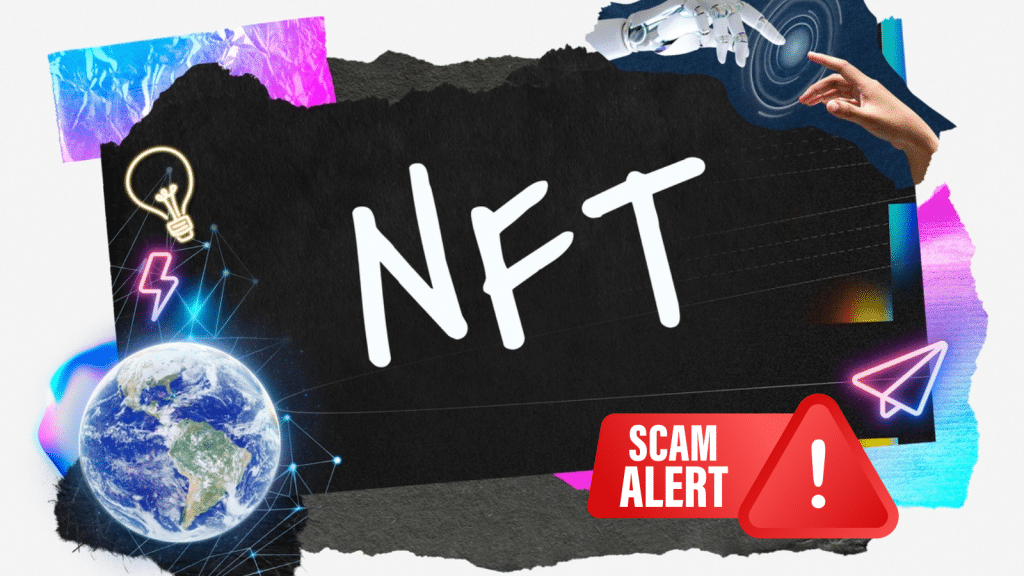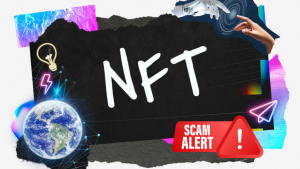Join Our Telegram channel to stay up to date on breaking news coverage
Hackers and scammers show no signs of slowing down their attacks against non-fungible tokens and crypto investors this new year. In yet another phishing attack, scammers have stolen twenty-two more non-fungible tokens from a crypto and NFT investor, asyl9.eth.
NFT Investor asy19.eth Loses 22 NFTs In Phishing Attack
In a February 27 blog post, Peckshield, a renowned blockchain security firm, confirmed that an NFT investor known as “asyl9.eth,’ fell victim to a phishing scheme, resulting in the theft of 22 NFTs, including his Cool Cat #2025 and Cool Cat #9330.
#PeckShieldAlert asyl9.eth fell victim to a phishing scheme, resulting in the theft of 22 #NFTs including #CoolCat #2025 & #9330 pic.twitter.com/dPIrwzPsWl
— PeckShieldAlert (@PeckShieldAlert) February 27, 2024
Established in 2018, PeckShield is a blockchain security company that provides comprehensive security audits for smart contracts, DeFi, exchange security, wallet security, and blockchain security. The blockchain security firm also monitors and prevents cyber threats.
Last year, PeckShield revealed that there were over 600 major hacks in the general crypto space, resulting in $2.61 billion in losses, with $674 million recovered. In a recent incident, Peckshiled revealed that scammers stole CloneX #11151 and CloneX #11793 on OpenSea in a phishing attack.
#PeckShieldAlert #Phishing NFT #CloneX #11151 & #CloneX #11793 have been stolen by #Fake_Phishing322778 on #OpenSea pic.twitter.com/LoU1qeWAlk
— PeckShieldAlert (@PeckShieldAlert) February 23, 2024
Hot Tips That Help You Safeguard Your NFTs
In recent years, non-fungible token collections have grown to become high–value digital assets. Unfortunately, their massive traction has made these digital assets vulnerable to scammers and hackers. Below, we have listed some of the tips on how you can safeguard your NFTs.
Phishing is one of the most tricky crypto scams that has left many investors losing many non-fungible tokens. In this case, most scammers use email or text messages to trick investors into giving them their personal and financial information, including login credentials, debit card details, or passwords. But there are several ways you can protect yourself.
Crypto and NFT investors can hedge from losing their digital assets by avoiding providing personal and confidential information to emails or text messages from unreliable sources. Moreover, investors can protect their digital assets by using multi-factor authentication.
Related NFT News:
- Magic Eden & Yuga Labs Set To Launch Their Royalty-Focused ETH NFT Marketplace Today
- NFT Sales Rose 26% In The Past Week – Here’s The NFT Market Prediction For This Week
- Top Selling NFTs This Week – Bored Apes And Pudgy Penguins Take The Top Spot
Best Wallet - Diversify Your Crypto Portfolio
- Easy to Use, Feature-Driven Crypto Wallet
- Get Early Access to Upcoming Token ICOs
- Multi-Chain, Multi-Wallet, Non-Custodial
- Now On App Store, Google Play
- Stake To Earn Native Token $BEST
- 250,000+ Monthly Active Users
Join Our Telegram channel to stay up to date on breaking news coverage


